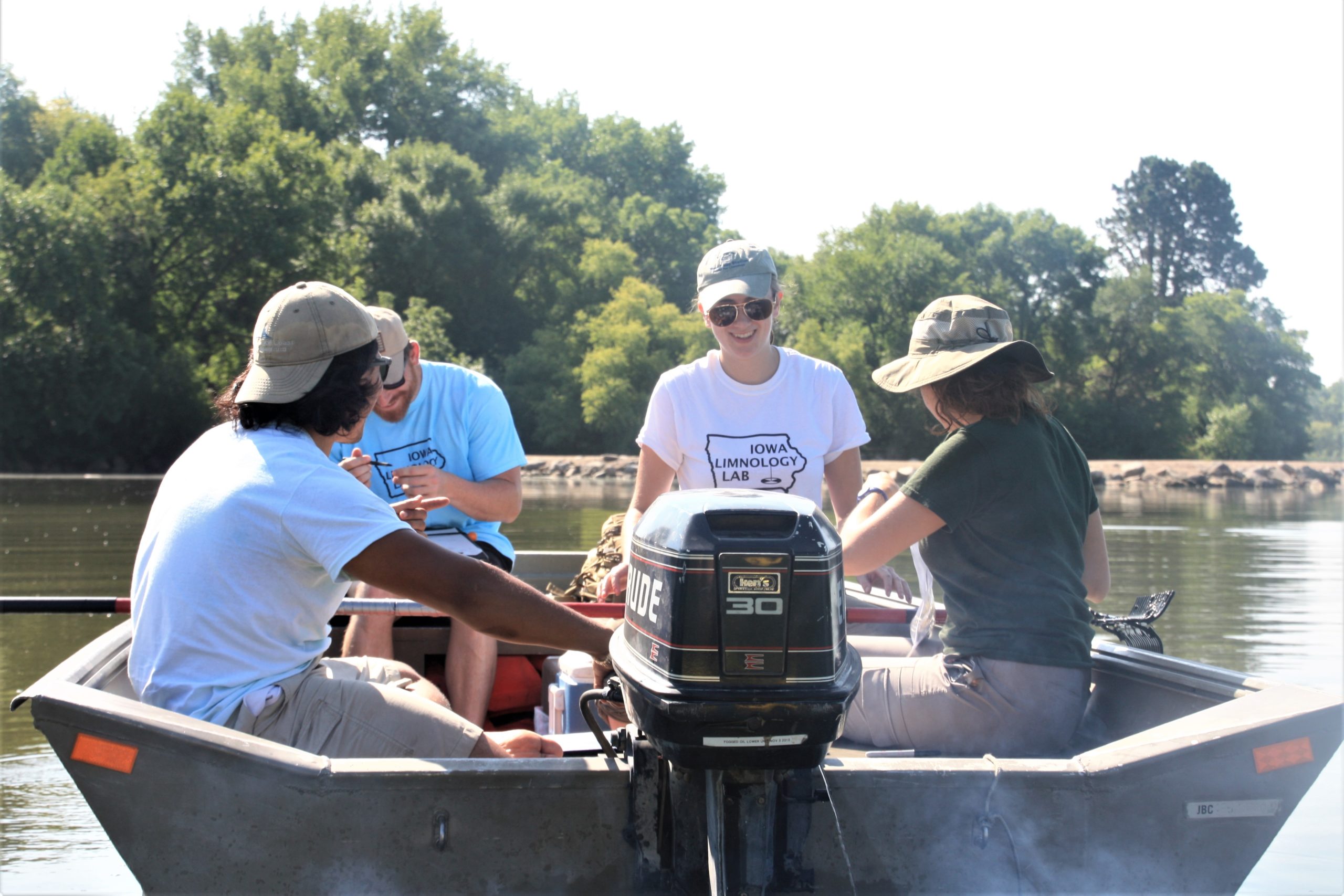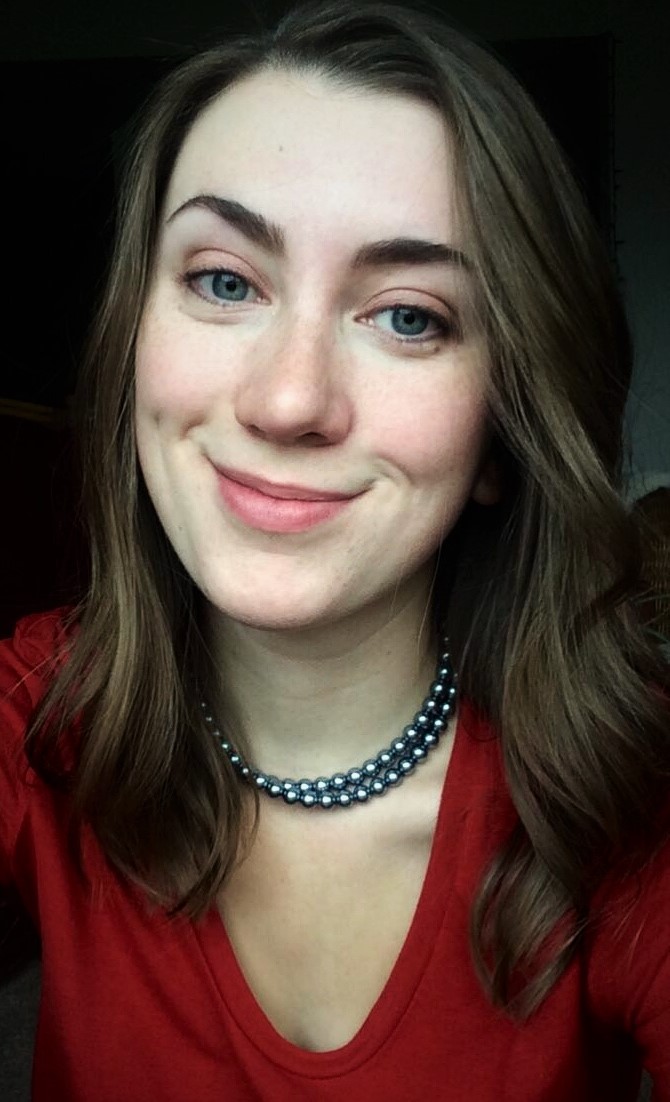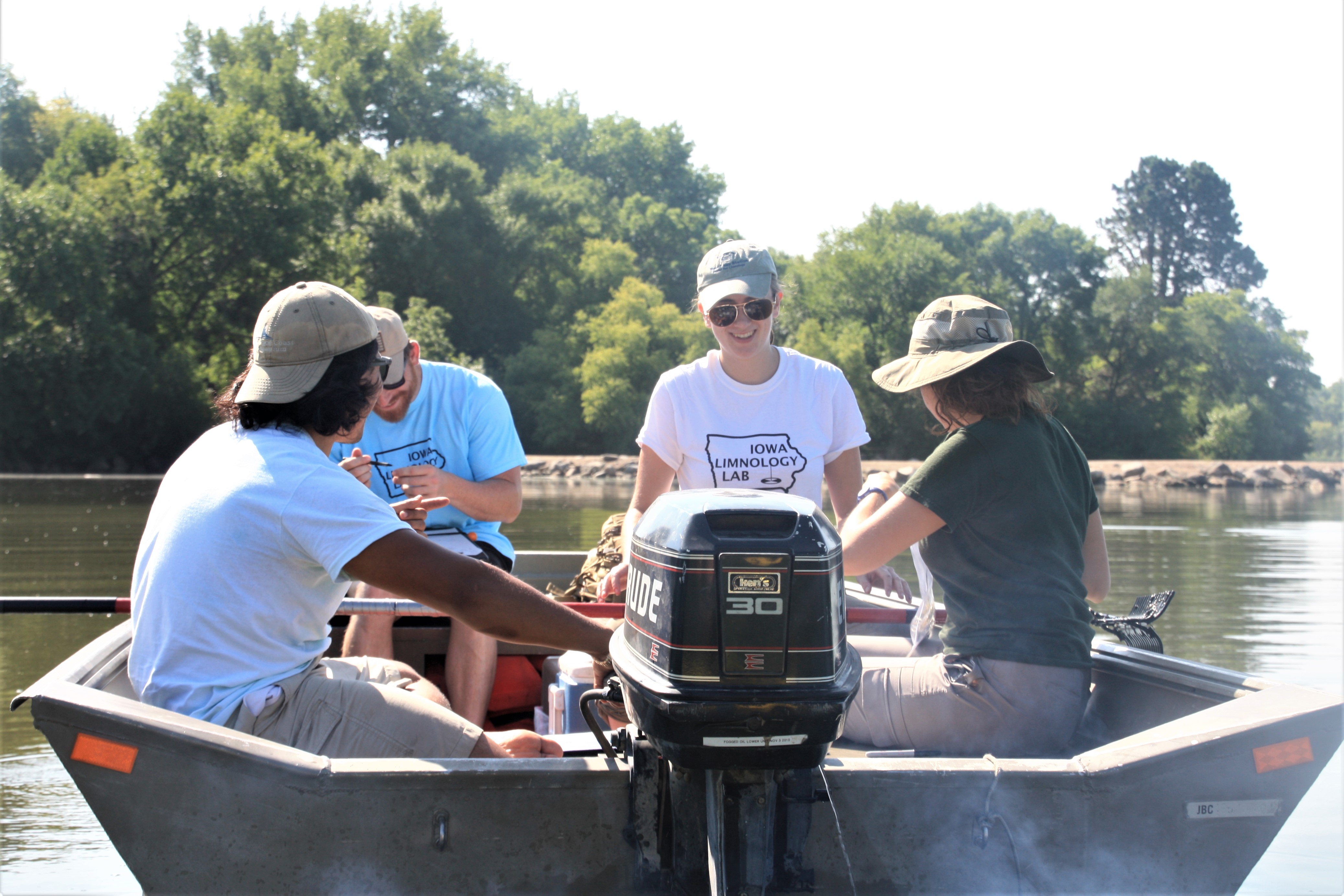By: Malcolm Robertson, Program Coordinator and Lecturer, Iowa Nutrient Research Center, Iowa State University
From Getting Into Soil and Water 2018
The Iowa Nutrient Research Center (INRC) was established in the College of Agriculture and Life Sciences at Iowa State University by the Iowa Board of Regents in response to legislation passed by the Iowa Legislature in 2013. More information is available at https://www.cals.iastate.edu/nutrientcenter
The center pursues a science-based approach to nutrient management research. Through its work, the performance of current and emerging nutrient management practices is evaluated, new nutrient management practices are developed and recommendations are initiated for implementation of nutrient management practices.
The primary role of the center is to fund science-based research that explores innovative approaches that identify gaps and needs in nitrogen (N) and phosphorus (P) research to address Iowa’s water quality issues.
Center research evaluates the performance of current and emerging field practices and develops tools to help farmers and landowners adopt effective management practices. Successful research outcomes will minimize the loss of nutrients into Iowa surface and groundwater. Through this research, the INRC will test the performance of current and advanced farmland management, land use and edge-of-field practices on reducing N and P loss.
The center will also develop tools that aid in decision-making and promotions for the adoption of new technologies and creative solutions for more sustainable management practices.
Working with researchers and farmers, the Iowa Nutrient Research Center funded more than 50 research projects from 2013 to 2017, led by more than 80 scientists at Iowa’s three Regents universities. The center’s competitive grants program has awarded nearly $6 million for research since 2013.
These funds are highly leveraged by water-quality scientists, who have successfully brought in over $17 million in grants from many federal and state agencies across five years. Some key results from center-funded research to date include:
- Field and lab experiments are improving the understanding of winter cover crop management and impacts on corn yield.
- Saturated buffers are evaluated to better assess their ability to remove nitrates from tile flow.
- Research is evaluating the effectiveness of practices implemented around the edges of fields, such as planting strips of prairie and restoring stream banks.
- Work is underway to better understand farm profitability impacts of precision conservation and grazing cover crops.
- Intensive research at a watershed in Boone County is providing new insights on the contributions of stream bed and bank erosion to phosphorus transport.
- Research is more precisely examining the movement of nutrients to surface waters.
- How trading nutrient credits may benefit cities and farmers – and water quality – is explored in a pilot project watershed near Dubuque.
- Work on research farms and in farmers’ fields is evaluating types of native perennials for prairie strips to reduce soil erosion and nutrient loss.
- Research is seeking to improve performance and reduce costs of bioreactors, the practice that filters field drainage water with wood chips
In 2017 the center funded 12 projects with a total award value of almost $550,000. Below is a list of the projects awarded in 2017:
- Total Phosphorus Loads in Iowa Rivers and Estimation of Steam Bank Phosphorus Contribution
- Water Quality Evaluation of Prairie Strips across Iowa
- Woodchip Bioreactors for Improved Water Quality
- Limiting Nitrogen Immobilization in Cover Crop Systems • Amounts and Forms of Dissolved Phosphorus Lost with Surface Runoff as Affected by Phosphorus Management and Soil Conservation Practices
- Delivery-Scale Evaluation and Modeling of Nutrient Reduction Practices • Improving the Effectiveness of Conservation Programs through Innovative Reverse Auctions and Sensible Enrollment Restrictions
- Baseline Assessment of Geisler Farm Site: Collection of Pre BMP Monitoring Data
- Does Quantity and Quality of Tile Drainage Water Impact In-stream Eutrophication Potential? Evidence from a Long Term Biofuel Cropping Systems Experiment
- Successful Voluntary Watershed Improvement Projects: Do Short-Term Adoption and Outreach Lead to Attitude Changes and Long-Term Sustainable Practice Adoption?
- Impacts of Cover Crops on Phosphorus and Nitrogen Loss with Surface Runoff
- Evaluation of Measurement Methods as Surrogates for Tile Flow Nitrate-N Concentrations
In addition to these projects, the center also allocated $367,000 to the University of Iowa to fund a network of water-quality sensors deployed throughout eastern Iowa. These advanced remote sensors collect water-quality data that are relayed back to IIHR Hydroscience and Engineering every few minutes. The data are disseminated on a public website.
The Iowa Nutrient Research Center is dedicated to supporting impactful research in nutrient reduction. As new information, data and science become available, the center believes that the adoption of in-field and edge-of-field practices will increase, resulting in improved water quality through reduced nitrogen and phosphorus losses.
Background to the Iowa Nutrient Research Center’s Work
Scientifically Proven Effective Practices. Iowa leads the nation in corn and soybean production. Research has shown that a variety of management practices can mitigate the loss of nutrients from crop field soils. The goal is to get more of these scientifically proven practices implemented. The Iowa Nutrient Reduction Strategy science team, led by Iowa State University scientists, developed a list of in-field and edge-of-field practices that could reduce nutrient loss from farm lands (http://www.nutrientstrategy.iastate.edu/presentations). Nutrient and soil management practices conducted within field boundaries to mitigate nutrient loss from row-cropped acres, and are known as in-field nutrient management.
Nutrient Loss Reduction – Nitrogen. There are a number of practices that reduce nitrogen loss, including in-field nitrogen management practices such as fertilizer application timing, fertilizer source, application rate, nitrification inhibitors, cover crops and living mulches. Additional in-field practices that reduce N loss include land use changes such as the addition of perennials, extended rotations and pastures for livestock. Edge-of-field practices may take a variety of forms and include practices and/or structures such as drainage water management, shallow drainage, wetlands, bioreactors and buffers.
Nutrient Loss Reduction – Phosphorus. There are a number of in-field phosphorus management practices that may be adopted to reduce P loss, include fertilizer application, source and placement; erosion control or land use change practices such as tillage, crop choice, perennials and terraces. Wetlands, buffers and sediment control are edge-of-field practices that have been shown to reduce phosphorus loss



 Sarah Feehan is the communications specialist for the Iowa Water Center. She holds a BS in Journalism and Mass Communication with a minor in Political Science from Iowa State University. In fall of 2019, Feehan will begin acquiring her JD from Drake Law School.
Sarah Feehan is the communications specialist for the Iowa Water Center. She holds a BS in Journalism and Mass Communication with a minor in Political Science from Iowa State University. In fall of 2019, Feehan will begin acquiring her JD from Drake Law School.